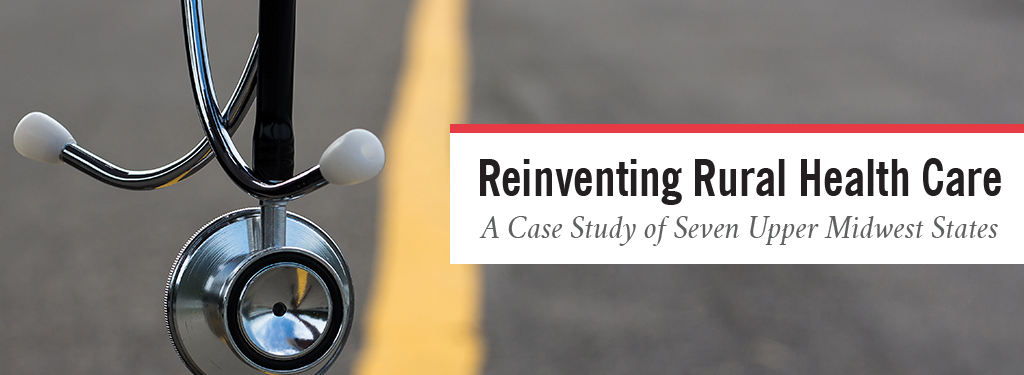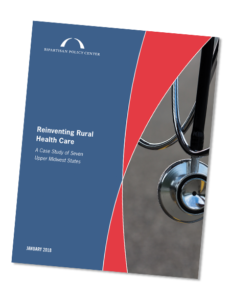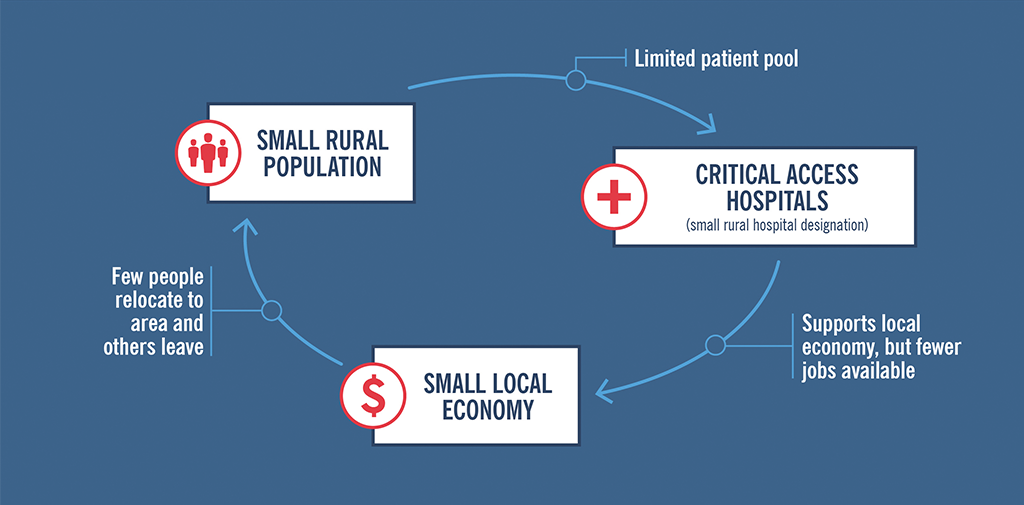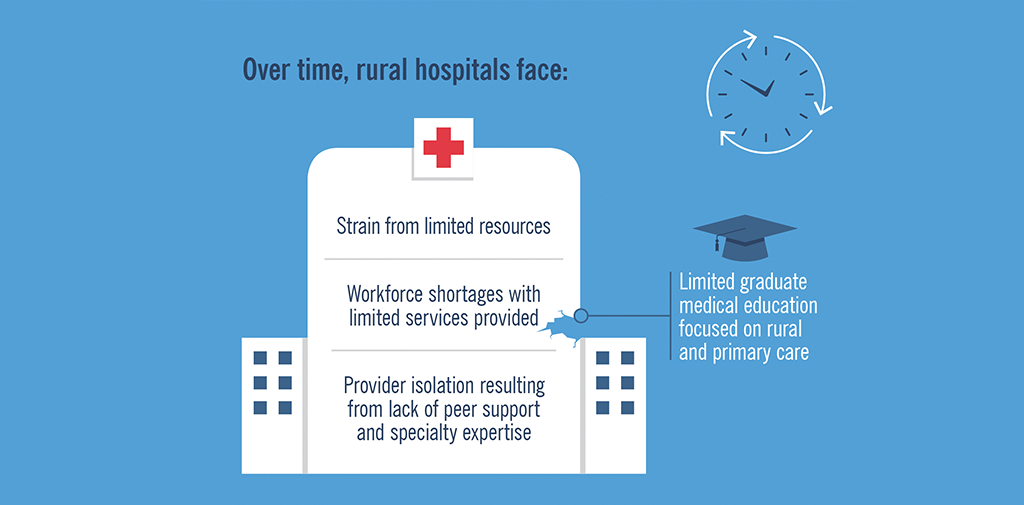The Bipartisan Policy Center joined the Center for Outcomes Research and Education (CORE) to speak with more than 90 national thought-leaders and stakeholders about the current state of rural health care in the Upper Midwest region, including Iowa, Minnesota, Montana, Nebraska, North Dakota, South Dakota, and Wyoming. These discussions were used to determine the real-world implications of existing federal policies, to understand ongoing care challenges, and to identify opportunities for improvement in rural health care access and delivery.
At a public event featuring remarks from Sens. Heidi Heitkamp (D-ND), and Mike Rounds (R-SD), BPC released a paper, Reinventing Rural Health Care: A Case Study of Seven Upper Midwest States, detailing the findings from the outreach efforts.
Rural health issues affect more than just the Upper Midwest region and the seven states included in this effort. Furthermore, these issues do not exist in isolation–they are interdependent and build off each other. The nation cannot just fix one part of rural health care; the whole system needs be addressed. BPC’s work identifies four specific areas for developing recommendations:






